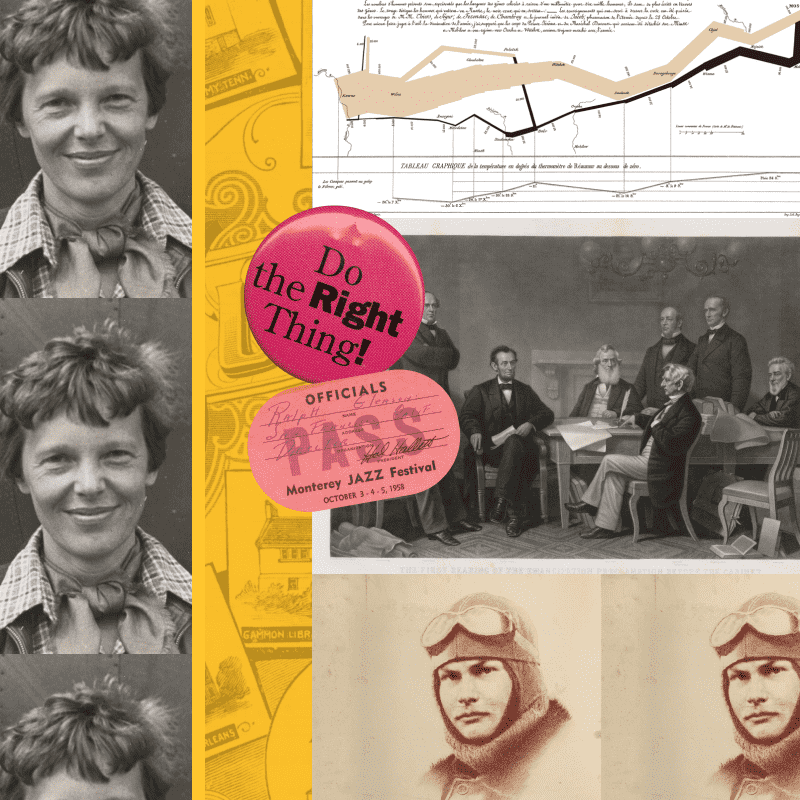About This Topic
Past events can be studied from a variety of viewpoints drawing from personal, cultural, and national narratives that give learners a fuller understanding of the past. Learning circles are a space for learners to engage with historical narratives and social contexts that shape everyday life in their communities. This topic guide contains resources to support learners who wish to deepen their critical understanding of the past and how it affects today’s world.
Practices:
-
Learners will likely have questions without an immediately clear answer. As a group of peers, you can all contribute to the process of finding articles, books, and other resources that answer your questions as they arise.
- Create a facilitator guide and use it to keep track of the group’s questions each week. At the end of each session, ask learners to independently find resources that address these questions.
- Check in at the beginning of each session to add the resources that you all found to the facilitator guide.
- When your learning circle concludes, you can share your guide with future facilitators on our website by sending it to us at thepeople@p2pu.org.
- Our views of historical events are shaped by our personal experiences and by how they have been presented to us. All of these perspectives are valuable, even if you or other participants disagree with these views, as they offer insight into the people who tell the stories as well as the historical events.
-
Conflicts in history continue to impact learners’ lives in the present day, and studying these conflicts in learning circle sessions can lead to difficult conversations. As a non-expert, the facilitator can address conflict as an opportunity to explore a problem or concern more deeply, to ask questions that allow learners to explain their opinions or comments, and to cultivate silences that allow learners to collect their thoughts.
- Visit the Facilitation Basics section of our Knowledge Base for more strategies on how to facilitate difficult and necessary conversations.
- Take a look at our topic guide on Antiracism for tips and resources about how to create supportive spaces for productive discussions when discussing histories of oppression.









